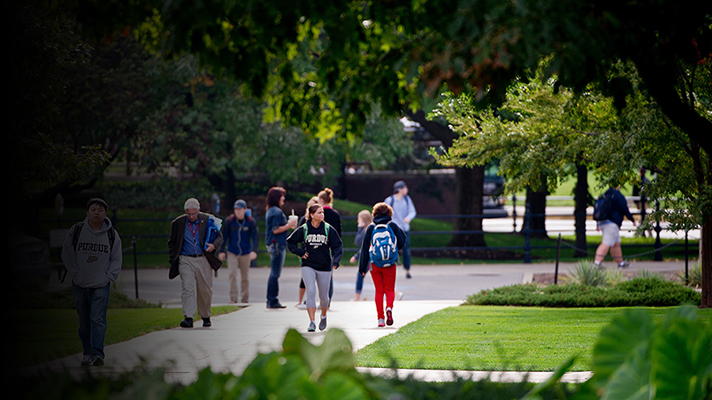Future Faculty Experiences
Teaching Resources
Learn MoreEngineering Academic Career Club (EACC)
Learn MorePreparing Future Faculty
Learn MoreTrailblazers in Engineering (TBE)
Learn MoreMentoring Opportunities
Learn MoreApply to Conference Travel Grants
Learn More
Workshops & Events
Industry & Entrepreneurship Experiences
Purdue Innovates
Learn MoreOffice of Professional Practice
Learn MoreCenter for Career Opportunities
Learn MorePurdue Engineering Virtual Graduate Career Fair
Learn MoreCareer Success Videos
Mentoring Resources & Information
Individual Development Plan (IDP)
Learn MoreMentoring Information
Learn MoreOGSPS Mentoring Resources
Learn MoreGradBridge: Engineering Career Mentoring Circles
Learn MorePurdue Engineering Postdoctoral Affairs
External Resources
MIT Comm Labs
Learn MoreGradSense
Learn More